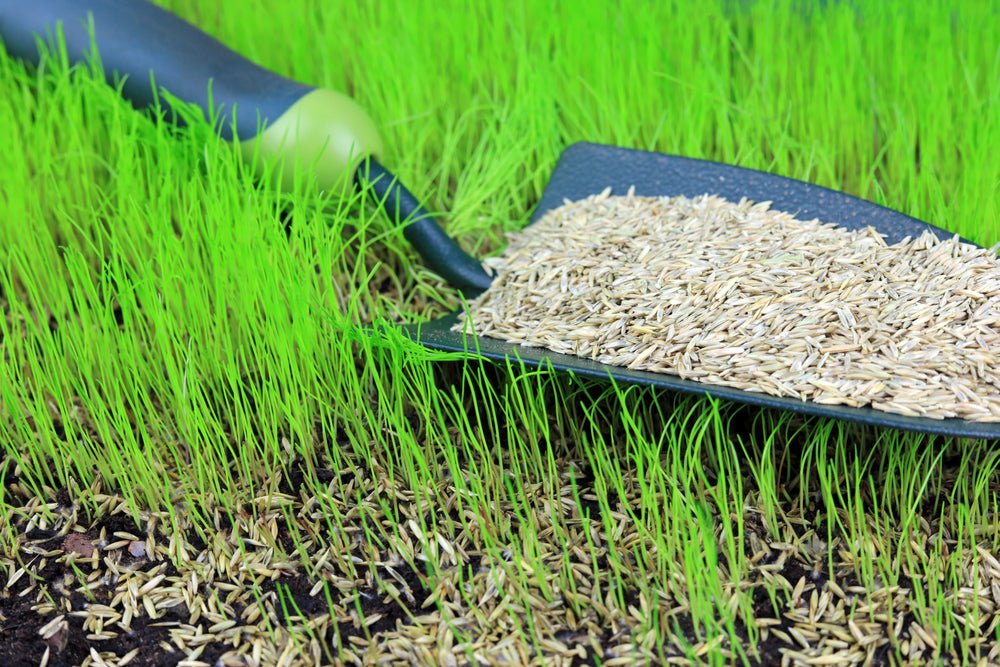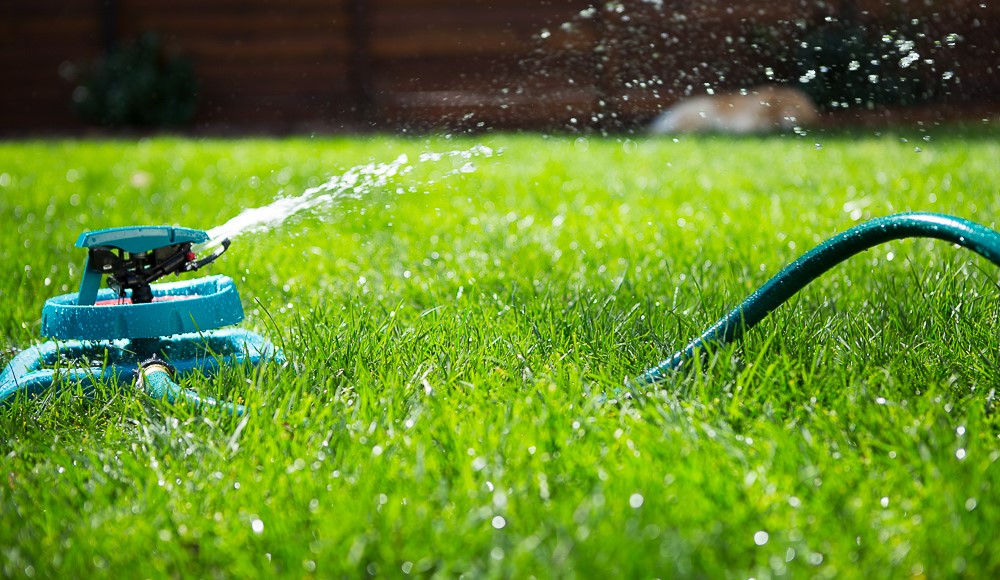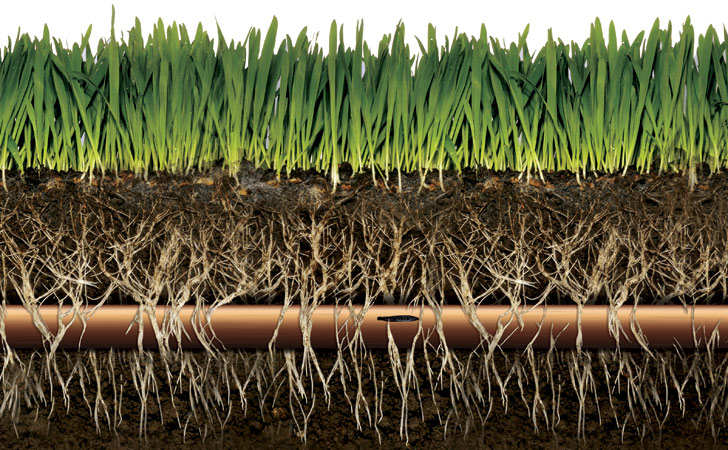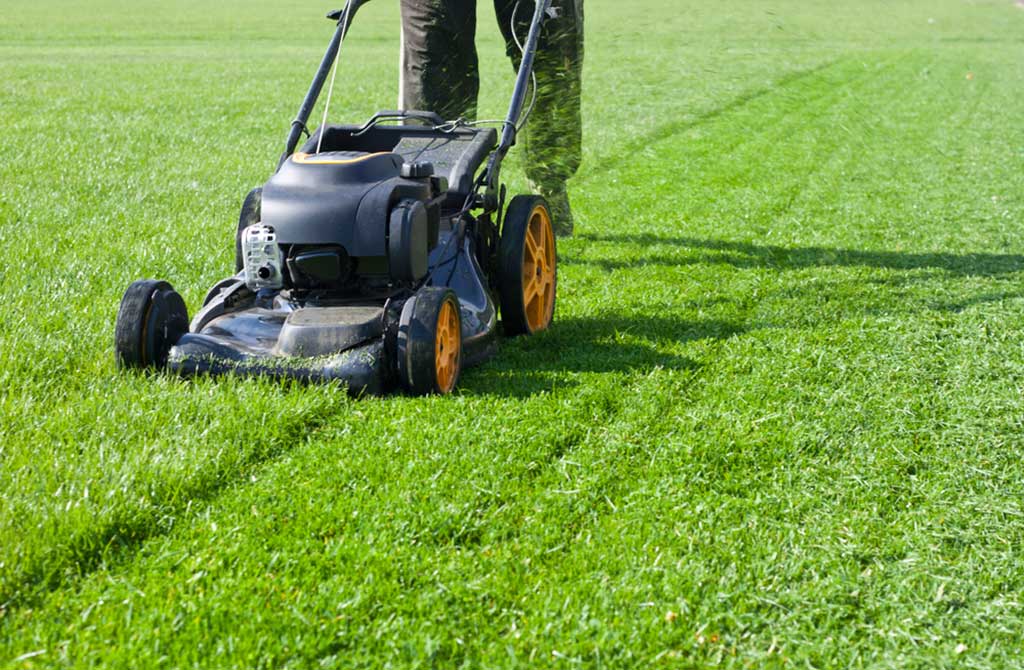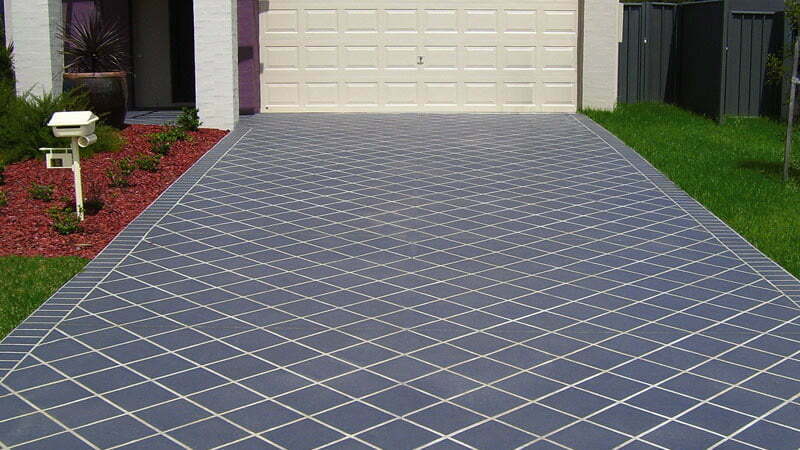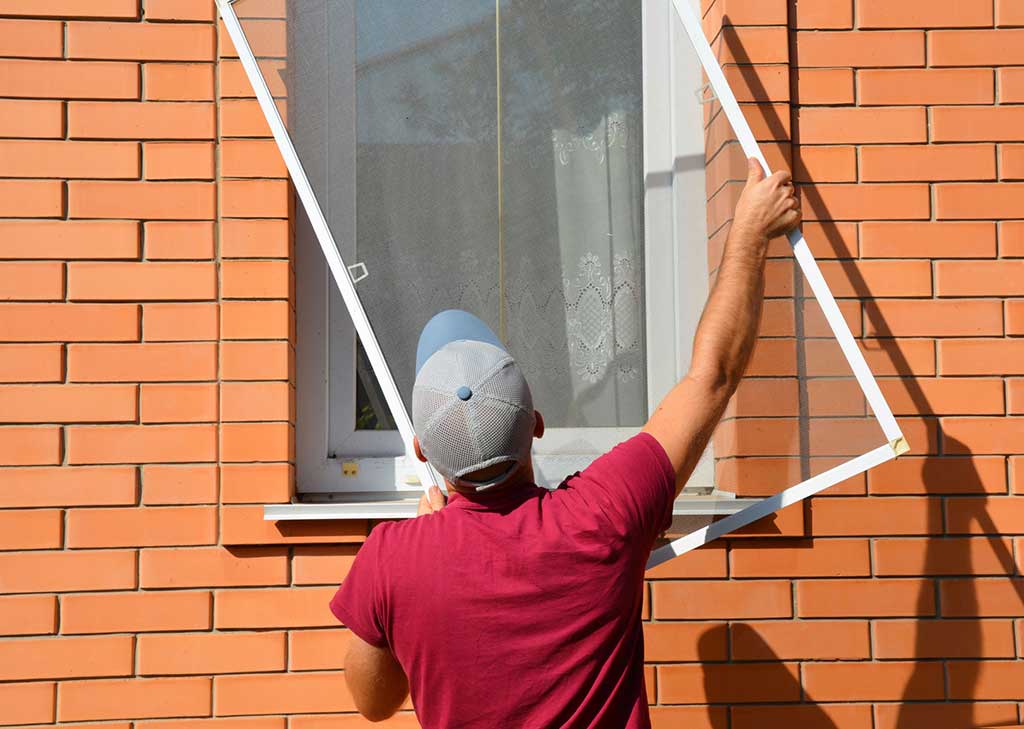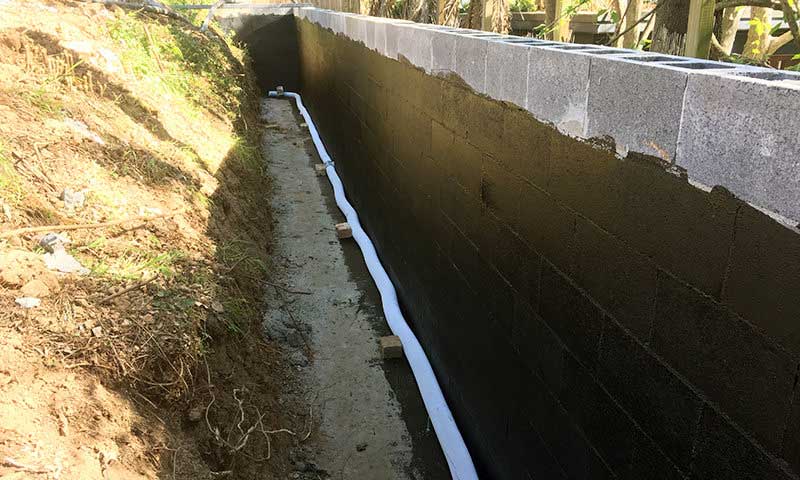The Power of First Impressions
As the saying goes, "You never get a second chance to make a first impression." This age-old wisdom holds true not only in personal interactions but also in the realm of real estate. When it comes to the value of your property, the exterior is often the first thing potential buyers notice. Landscaping plays a pivotal role in shaping this initial impression, setting the tone for what awaits within. In this chapter, we'll explore the impact of landscaping on curb appeal and how it can influence property values.
A well-maintained and thoughtfully designed landscape can significantly enhance the visual appeal of a property. Lush green lawns, vibrant flower beds, and neatly trimmed hedges create an inviting atmosphere. Potential buyers are more likely to be drawn to a home with curb appeal, and this positive first impression can translate into increased property value.
Curb Appeal and Beyond
Curb appeal is not just a fleeting impression; it can have lasting effects on the perceived value of a property. A study conducted by the National Association of Realtors found that 71% of homebuyers believe curb appeal is an essential factor when choosing their new home. Beyond the initial attraction, a well-maintained landscape can contribute to the overall enjoyment of the property for its residents.
Landscaping that includes features such as patios, decks, and outdoor seating areas can extend the living space of a home. These outdoor amenities can be attractive selling points, appealing to buyers who envision themselves enjoying the beauty of their surroundings. In this chapter, we'll delve into the various landscaping elements that can go beyond curb appeal to enhance the overall value of a property.
Return on Investment (ROI) in Landscaping
While the aesthetic benefits of landscaping are evident, many homeowners wonder about the financial return on their investment. In this chapter, we'll explore studies and data that shed light on the correlation between landscaping expenditures and property values. Research from the Virginia Tech Department of Horticulture suggests that a well-landscaped home can increase its value by 10% to 12%. This return on investment is a compelling reason for homeowners to consider landscaping as a strategic investment rather than just an aesthetic enhancement.
It's essential to note that the type and extent of landscaping projects play a role in determining the ROI. Thoughtful, well-planned landscaping that aligns with the property and its surroundings tends to yield higher returns. From simple enhancements like fresh mulch and seasonal flowers to more elaborate projects like tree planting or installing irrigation systems, each landscaping investment contributes to the overall appeal and value of the property.
Environmental and Energy Efficiency Benefits
Beyond the economic aspects, landscaping can offer environmental and energy efficiency benefits that contribute to the property's overall value. Trees strategically planted around a home can provide shade, reducing energy consumption and costs associated with cooling. Properly designed landscapes can also improve water drainage, preventing erosion and potential water damage to the property.
In this chapter, we'll explore how landscaping practices such as xeriscaping, which focuses on water-efficient plants, can not only save homeowners money but also position the property as environmentally conscious. As sustainability becomes an increasingly significant factor in property values, landscaping choices that promote eco-friendliness can positively influence potential buyers.
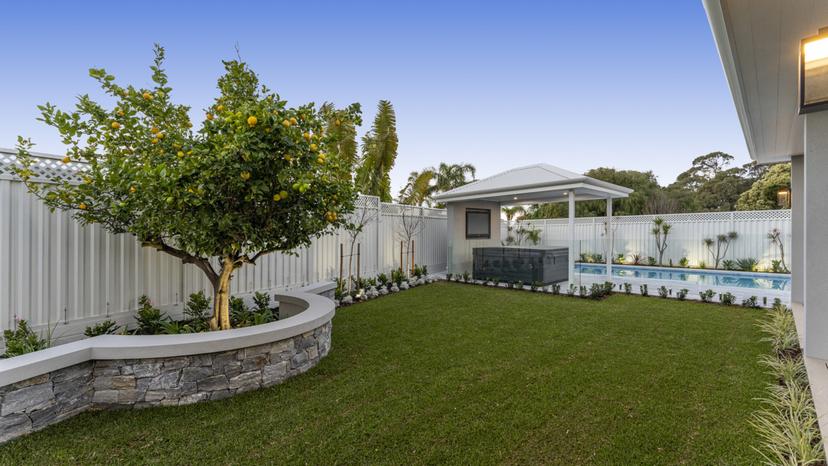
Professional Landscaping vs. DIY
As homeowners contemplate landscaping improvements, they often face the decision of whether to embark on a do-it-yourself (DIY) project or enlist the help of professionals. This chapter will weigh the pros and cons of both approaches, considering factors such as cost, time, and expertise.
While DIY projects can be a cost-effective way to enhance a property, professional landscaping services bring a level of expertise and design finesse that can elevate the results. Understanding the balance between personal involvement and the benefits of professional input is crucial for homeowners looking to maximize the impact of their landscaping efforts on property value.
Cultivating Value in Every Leaf
The relationship between landscaping and property value is a nuanced one, shaped by factors ranging from curb appeal to environmental considerations. A well-designed and properly maintained landscape can be a powerful asset, increasing not only the aesthetic appeal of a property but also its overall value. As homeowners navigate the world of landscaping decisions, they have the opportunity to cultivate value in every leaf, flower, and carefully placed stone, ensuring that their property becomes a desirable haven for both current and future residents.

